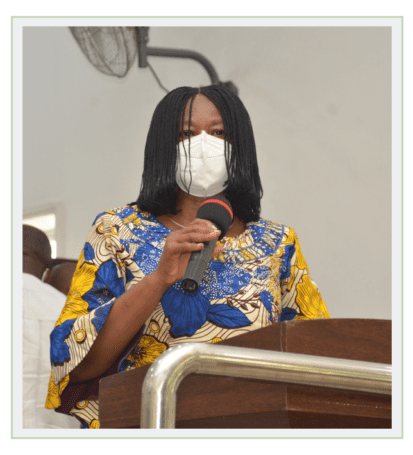PIND Conducts Post Planting Certification For Cassava Seed Entrepreneurs in the Niger Delta
To ensure compliance with NASC’s certification requirements for cassava seed multiplication, the Foundation for Partnership Initiatives in the Niger Delta (PIND), in collaboration with the National Agricultural Seeds Council (NASC), Umudike Seeds, and Kolping Society of Nigeria, recently conducted a comprehensive post-planting certification field visit from July 17th to 19th, 2024. This initiative targeted Cassava…









